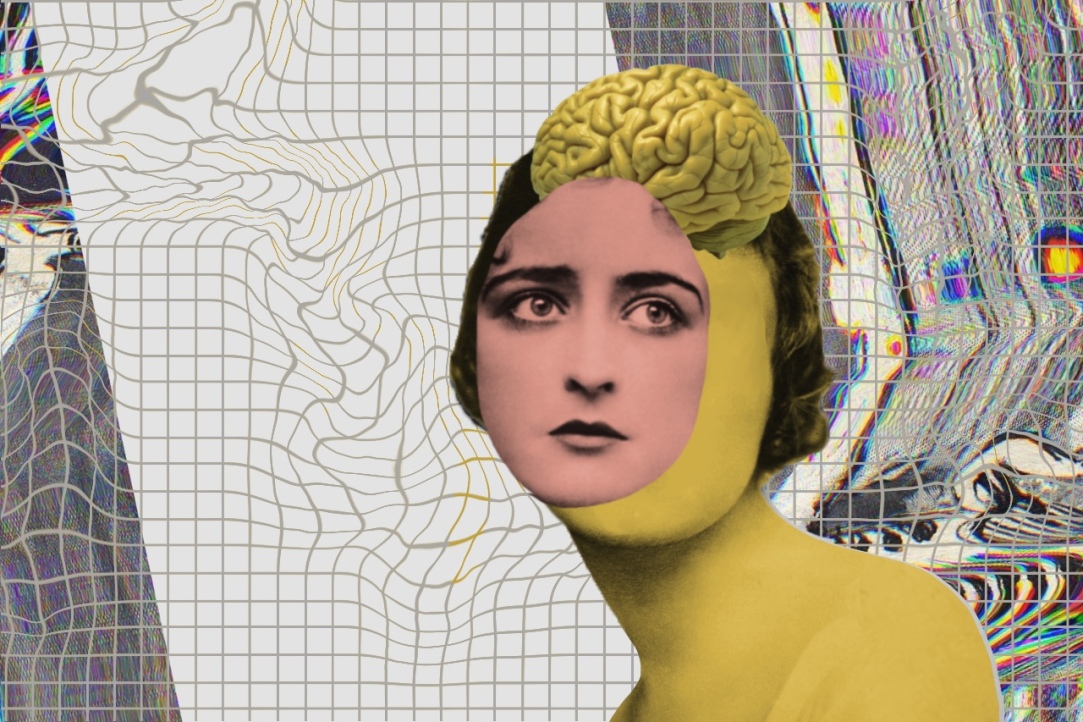
Scientists from HSE and Adyghe State University Enhance Research at the Intersection of Linguistics and Medicine
Adyghe State University has opened a laboratory of experimental linguistics. Olga Dragoy, Chief Research Fellow at the Center for Language and Brain, will be the laboratory’s academic supervisor and consultant. The laboratory will study the psycho- and neuro-linguistic mechanisms of functioning of the national languages of Russia, both on-site and during scientific expeditions.

Helping Others Improves the Lives and Psychological Well-being of Russians
HSE Researcher Ekaterina Nastina has found that the more often Russians help others (whether loved ones or strangers), the more satisfied they are with their lives. However, if a person is over 50 years of age or if values of social justice are important to him or her, helping family and friends has no significant influence on his or her psychological well-being. On the other hand, pro-social, altruistic behaviour towards strangers is equally beneficial to people of all ages and beliefs. A total of 757 respondents took part in the study. An article containing the results was published in the Sociological Journal.

Light Breezes Improve Moods of Social Media Users
Sergey Smetanin, Research Fellow of the HSE Graduate School of Business, conducted a large-scale analysis to examine the impact of weather conditions on the sentiments expressed by users of the Odnoklassniki (OK) social network. The findings have been published in PeerJ Computer Science. This is the first study of its kind in Russia.

What Makes Cities Attractive to Innovators?
How do we evaluate the contribution of innovations to urban development? Why do cities need innovation? How do cities attract top talents? These and many other questions were addressed by the participants of the international online discussion ‘Increasing the Innovation Attractiveness of Global Cities: Best Practices’ organised by the HSE Institute for Statistical Studies and Economics of Knowledge (HSE ISSEK) on March 1, 2023. The event also featured the presentation of new outcomes of a global study on urban innovation carried out since 2020.
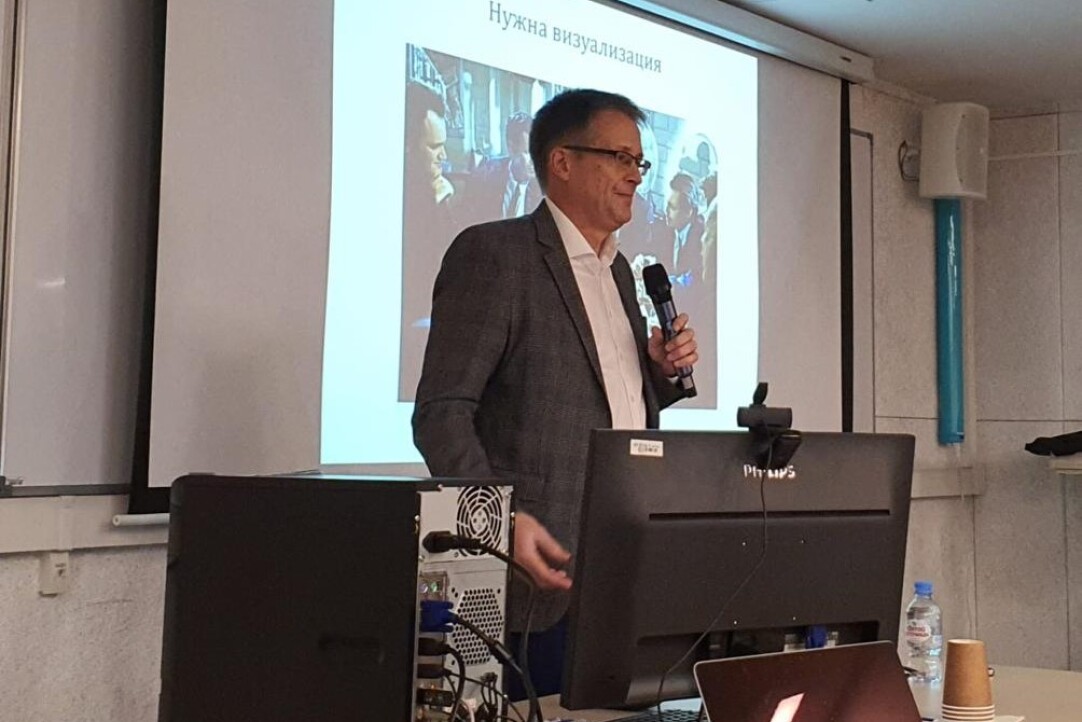
‘Talk about Complex Matters in a Simple Way’: Vadim Radaev on How to Hold an Audience’s Attention
As part of the Teach for HSE project, HSE University First Vice Rector Vadim Radaev shared his pedagogical findings with faculty members. Leaning upon his experience, that of teachers, and conversations with colleagues, he answered questions about different aspects of holding the attention of a student audience and gave examples of effective methods and techniques.

HSE cHARISMa Supercomputer Completes One Million Tasks
Since 2019, the cHARISMa supercomputer has been helping staff, teachers and students of HSE university to solve research tasks. In February 2023, it completed its millionth task—a computational experiment dedicated to studying the phenomenon of multiparticle localisation in quasi-one-dimensional quantum systems.
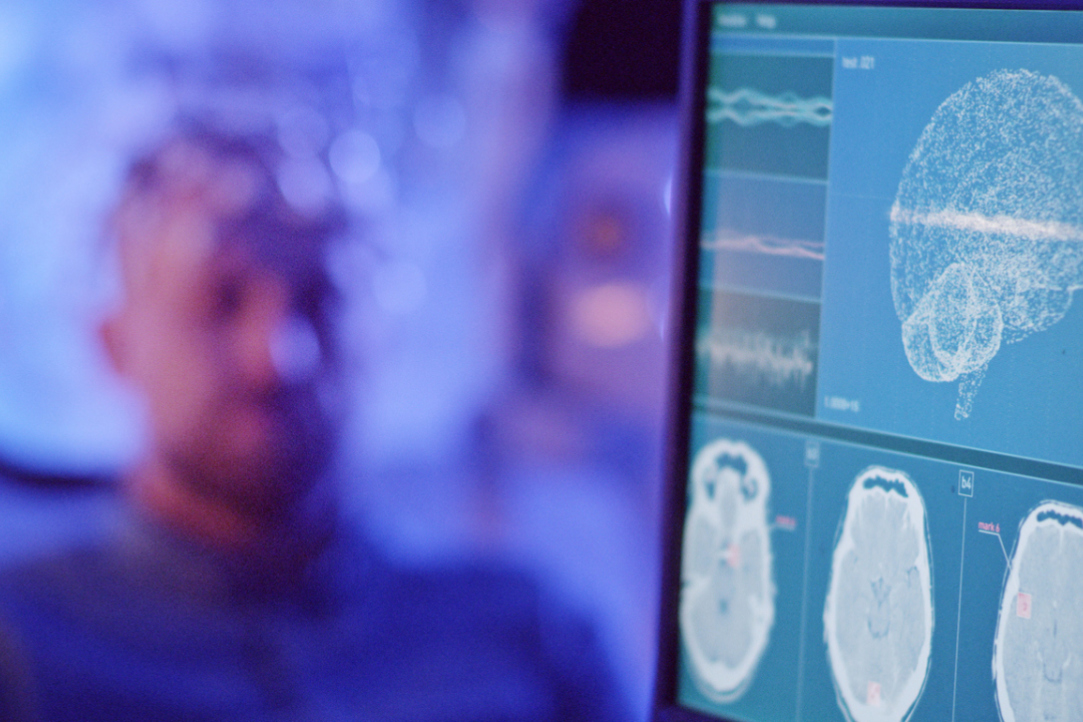
Neuroeconomical Research, Speech Tests for Neurosurgical Operations and New Discoveries in Mathematics
At the end of 2022, the results of the Project Competition in Basic Science Research for Intercampus Departments were announced. This was the inaugural competition, and focused on encouraging new research teams at HSE University and developing intercampus cooperation in the field of fundamental research. Here, HSE News Services looks at four winning projects.

Master’s in Computer Vision Students Defend Term Papers for First Time
Second-year students of the Master of Computer Vision programme have presented their projects in this cutting-edge field in AI. The committee included representatives of the programme’s partners from Huawei, YADRO and SBERLAB, as well as Valery Cherepennikov, IT advisor to the governor of the Nizhny Novgorod region.
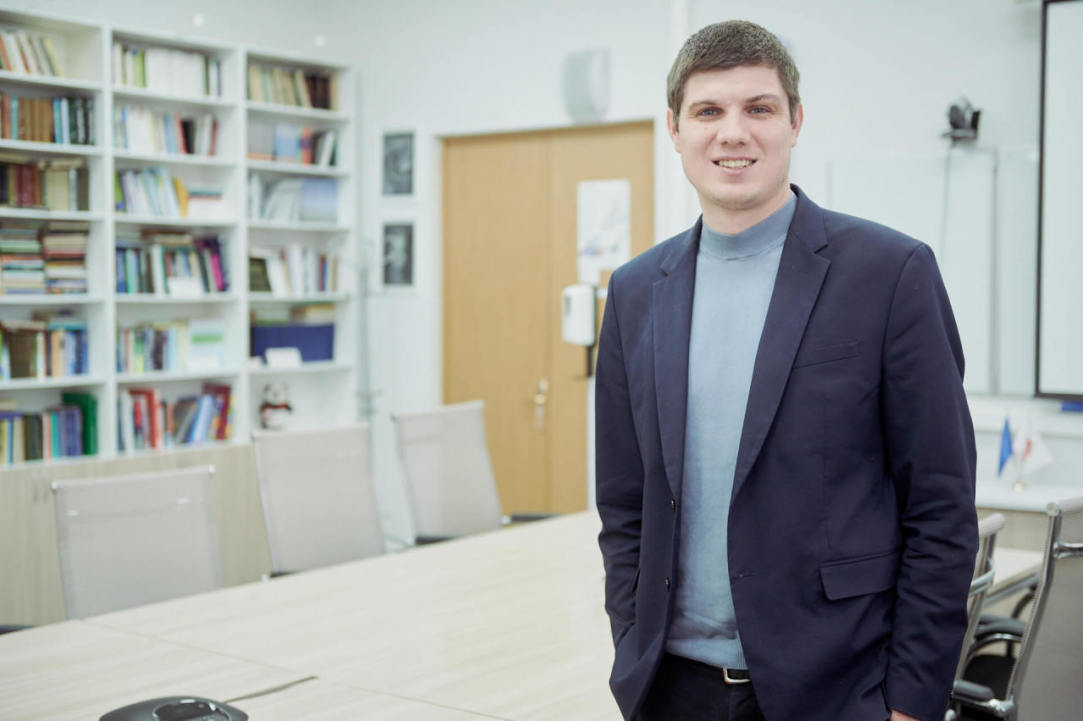
Evgeniy Terentev: ‘The Project Aims to Give People Various Tools for Personal Fulfilment and Betterment’
Every day, new technologies and institutional solutions appear that expand people’s opportunities. Which technologies are effective at this, and which have yet to be created to meet the challenges of the modern era? How do people choose technologies and how can the choice become a conscious one? HSE University’s strategic project Success and Self-Sustainability of the Individual in a Changing World aims to answer these questions and more.
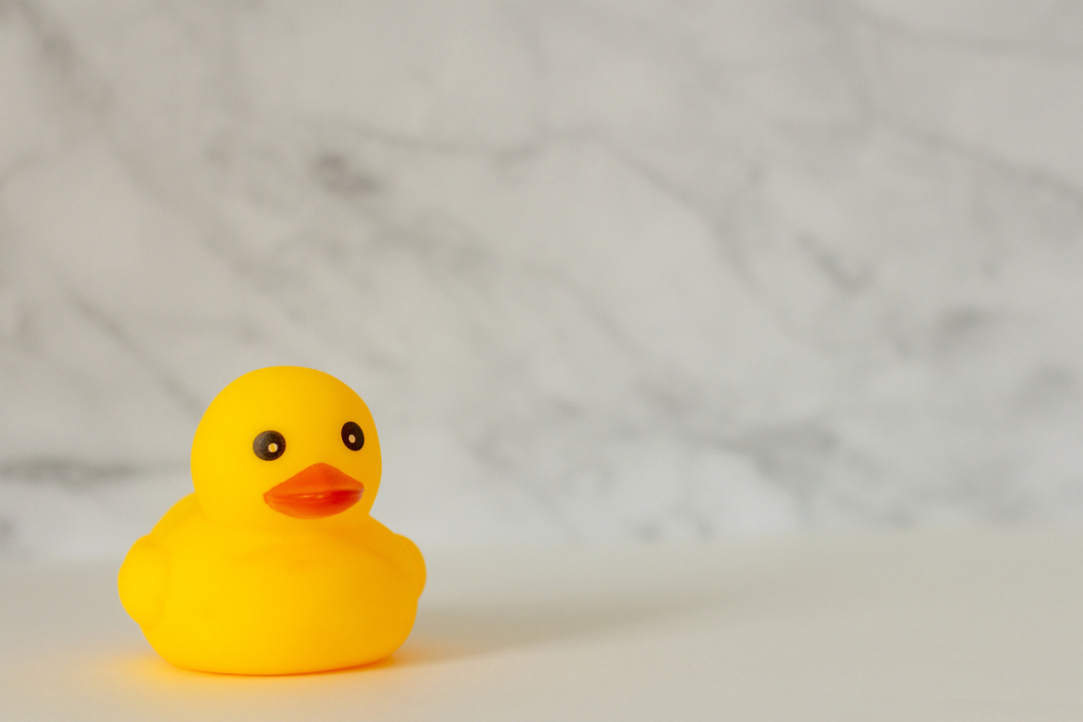
HSE Psychologists Examine Baby Duck Syndrome in Digital Interface Users
Researchers of the HSE Laboratory for Cognitive Psychology of Digital Interfaces Nadezhda Glebko and Elena Gorbunova have examined the so-called ‘Baby Duck Syndrome’—the tendency among digital product users to prefer the the old version of an interface over a new one. The authors compare this phenomenon to similar cognitive biases such as the mere-exposure effect, the endowment effect, and the status quo bias. Their findings are published in Psikhologicheskie Issledovaniya [Psychological Studies].

